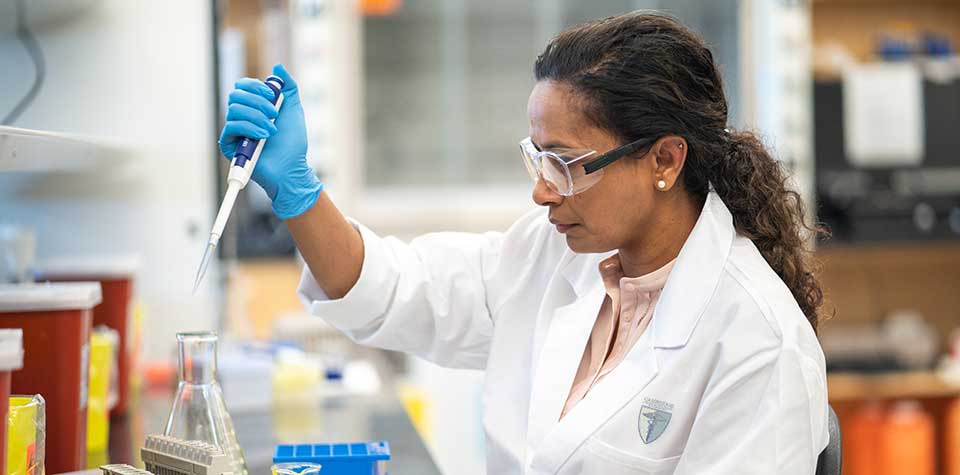
Possessing a solid set of overall lab safety rules is necessary to prevent disasters at the laboratory. Laboratory Manager lately scoured the security policies of many laboratories to ascertain a number of the most frequent laboratory safety rules on the market, to assist you if you are developing or upgrading a set of coverages to your lab.
Obviously, security rules are only effective when they’re enforced, which explains the reason why powerful laboratory management is so important to some secure laboratories too.
Knowing the appropriate laboratory safety signals and logos is also significant. Before starting any lab in the school, it is important to take Business analysis training about pros and cons of any new lab within the school area and how to safeguard chemicals within the chemistry lab.
Here are the security rules that many commonly came up in our appearance at several labs’ coverages:
Listed below are principles that are related to virtually every lab and needs to be included in many security policies. They cover everything you ought to know in the case of an emergency, good signage, security gear, safely using lab equipment, and fundamental common-sense rules.
Make sure you read all fire alarms and security hints and follow the directions in the case of an emergency or accident.
Make certain you’re fully conscious of your center’s /building’s evacuation processes.
Ensure to understand where your laboratory’s safety gear –such as first aid kit(s), fire extinguishers, eye wash stations, and security showers–is situated and how to correctly utilize it.
Know emergency telephone numbers to use to call for assistance in the event of a crisis.
Laboratory comprising biohazards, Laboratory furniture, radioisotopes, carcinogens,and lasers.
Open fires shouldn’t be utilized in the lab if you don’t have consent from a skilled manager.
Ensure that you know of where your laboratory’s exits and fire alarms are situated.
When there’s a fire drill, then make sure you turn off all electric equipment and shut all containers.
Constantly work in properly-ventilated places.
Don’t chew gum, drink, or eat while working in the laboratory.
Laboratory glassware shouldn’t be used as food or drink containers.
Every time you use glassware, make certain to test it for cracks and chips. Inform your laboratory supervisor of any damaged glassware therefore that it could be properly disposed of .
Never use laboratory equipment which you aren’t trained or approved by your manager to function.
When an instrument or item of equipment fails during use, or is not operating correctly, report the problem. Never attempt to fix a gear issue all on your own.
Don’t operate alone in the laboratory.
Never leave a continuous experiment unattended.
Never raise any glassware, alternatives, or other sorts of devices above eye level.
Never smell or taste chemicals.
Don’t pipette orally.
Ensure to always follow the appropriate procedures for disposing laboratory waste.
Report all accidents, mishaps, and broken gear or glass straight away, even when the incident looks insignificant or small.
In case of a compound splashing in your eye(s) or in skin, immediately flush the affected area(s) with running water for at least 20 minutes.
If you become aware of any dangerous conditions in the laboratory, let your manager know as soon as possible. I hope you like reading this article.








